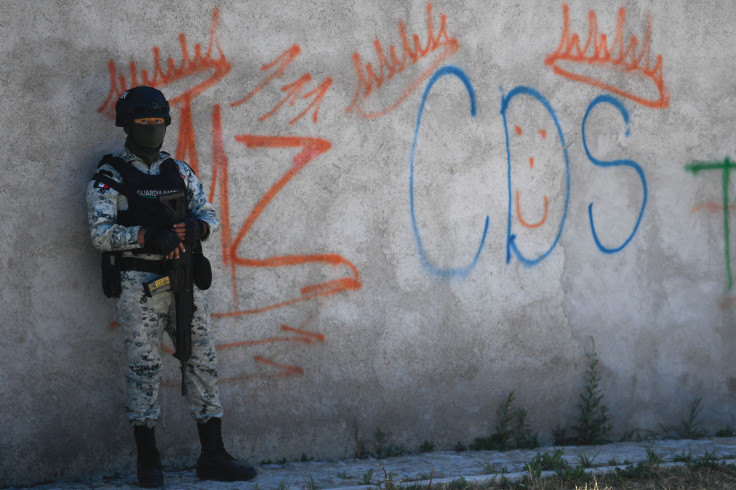
The violent conflict between two factions of the Sinaloa cartel has terrorized northern Mexico since September 2024, leaving hundreds dead — including civilians, law enforcement officers and, increasingly, internet personalities.
The violence is no longer limited to the streets. Influencers who have built online audiences by sharing cartel-related content are now being targeted offline by Los Chapitos and La Mayiza, the two most prominent Sinaloa Cartel factions fighting for control of the region.
The most recent internet personality to be killed was Camilo Ochoa, a former Sinaloa Cartel plaza boss in Mazatlán who reinvented himself as a YouTube personality, attracting thousands of followers with stories from his time inside the cartel.
Since the turf war between Los Chapitos and La Mayiza erupted last fall, nearly 2,000 people have been killed across Sinaloa — among them, several content creators.
According to the Mexican news outlet Milenio, at least nine social media influencers have been killed in recent months after pamphlets circulated naming 25 individuals — including YouTubers, singers and TikTokers — as having ties to Los Chapitos, the faction led by the sons of Joaquín "El Chapo" Guzmán.
The pamphlets, reportedly distributed by the rival group La Mayiza in January, accused public figures such as Peso Pluma, Markitos Toys and El Conejo Toys of helping facilitate Los Chapitos' financial operations.
A recent report by The Guardian described the wave of killings as a calculated effort by criminal groups to send a public message. In cases like Markitos Toys, so-called "narco-influencers" promote a lifestyle tied to organized crime, often glamorizing it in ways that appeal to younger audiences.
The report also notes that influencers who align with drug cartels are now paying the price of Sinaloa's internal war. Some are pressured to post messages or videos in support of one faction or another, effectively becoming mouthpieces in a broader power struggle.
"Organized crime is always looking for new ways to launder money. Every corner of the ecosystem is explored by financial analysts," Salvador Mejía, a lawyer who specializes in illicit finance, told The Guardian.
While Mejía said influencers are not a primary vehicle for money laundering, their true value to criminal organizations lies in messaging.
"Cartels have their own PR departments," he said. "What we have is a propaganda machine."
In addition to their role in propaganda, a growing number of influencers are now under investigation by Mexican federal agencies on suspicion that their followings have been artificially inflated by drug cartels. According to investigators, cartels boost viewership metrics and ad revenue, and in return, influencers are expected to hand over a portion of their profits.
"It's a simple scheme of operations using illicit funds, but one we were slow to uncover because social media is still lightly regulated," a federal official involved in the investigation told Milenio. "Now that we've identified the first set of profiles, we're moving to sanction them and freeze their bank accounts so the money doesn't reach criminal hands."
© 2025 Latin Times. All rights reserved. Do not reproduce without permission.







